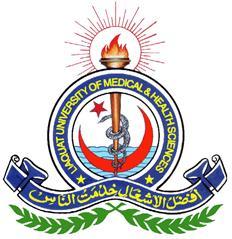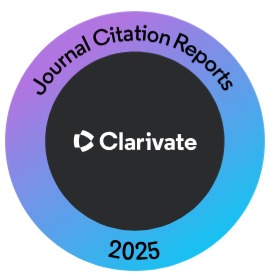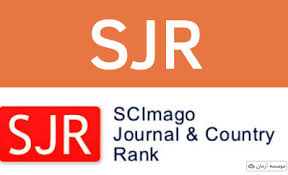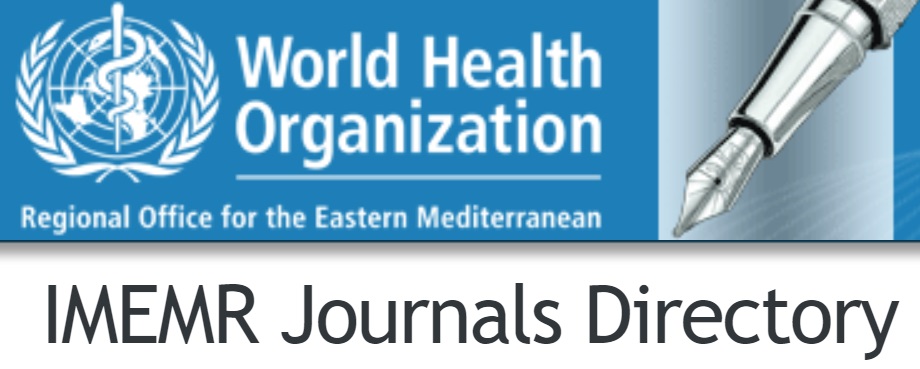Anxiety, Depression, and Perceived Social Support in Patients with Transfusion Dependent Beta Thalassemia Major
Keywords:
Anxiety, beta thalassemia major, B.M.T, depression, Psychosocial support, school going, TD¬BTM, transfusion dependent beta thalassemia majorAbstract
Objective: To assess the frequency and severity of depression and anxiety, social support and demographic characteristics that could be associated with their disease.
Methodology: This cross-sectional study with TD-BTM patients was conducted from four different thalassemia centres (Kashif Iqbal, HELP, Saylani, and Omair Sana Foundation) located in Karachi from December 2018 to May 2019, 197 young (8-18 years) males and 203 (50.8%) young females requiring at least one unit of packed red cells in a month were included with the convenient sampling technique. Psychometrically standardized tests were used.
Results: Eleven percent patients suffered severe depression, and a majority (44.2%) had high anxiety. Male patients, patients with comorbid conditions, and patients not satisfied with their treatment had significantly more significant depression; and male patients, patients with no schooling and patients not satisfied with their treatment had significantly greater anxiety. Patients who were schooled belonged to lower socioeconomic status and were not satisfied with their treatment had significantly more significant support from family. Patients who were schooled and had no comorbid conditions were significantly supported by friends. Finally, patients with comorbid conditions were significantly supported by others.
Conclusion: In the TD-BTM patients we sampled, most suffered from anxiety and less so with depression. Most patients had strong family support, followed by friends and others. Assessment of depression, anxiety and social support are discussed in the context of psychotherapeutic interventions, which could attenuate full-blown mental disorders in these patients.
References
Motta I, Bou-Fakhredin R, Taher AT, Cappellini MD. Beta thalassemia: new therapeutic options beyond transfusion and iron chelation. Drugs. 2020; 80(11): 1053-63. doi: 10.1007/s40265-020-01341-9.
Khandros E, Kwiatkowski JL. Beta thalassemia: monitoring and new treatment approaches. Hematol Oncol Clin North Am. 2019; 33(3): 339-353. doi: 10.1016/j.hoc.2019.01.003. Epub 2019 Apr 2.
Khaliq S. Thalassemia in Pakistan. Hemoglobin. 2022; 46(1): 12-4. doi: 10.1080/03630269.2022.2059670.
Tarim HS, Oz F. Thalassemia major and associated psychosocial problems: a narrative review. Iran J Public Health. 2022; 51(1): 12-18. doi: 10.18502/ijph.v51i1.8287.
Anwar K, Waqar S. Psychopathological tendencies and quality of life among patients with thalassemia major. Rawal Med J. 2018; 43(1): 32-38.
Elzaree FA, Shehata MA, El Wakeel MA, El-Alameey IR, AbuShady MM, Helal SI. Adaptive functioning and psychosocial problems in children with beta-thalassemia major. Open Access Maced J Med Sci. 2018; 6(12): 2337-41. doi: 10.3889/oamjms.2018.367.
Maheri A, Sadeghi R, Shojaeizadeh D, Tol A, Yaseri M, Rohban A. Depression, anxiety, and perceived social support among adults with beta-thalassemia major: cross-sectional study. Korean J Fam Med. 2018; 39(2): 101-107. doi: 10.4082/kjfm.2018.39.2.101. Epub 2018 Mar 22.
Chordiya K, Katewa V, Sharma P, Deopa B, Katewa S. Quality of Life (QoL) and the Factors Affecting it in Transfusion-dependent Thalassemic Children. Indian J Pediatr. 2018; 85(11): 978-983. doi: 10.1007/s12098-018-2697-x. Epub 2018 May 12.
Zigmond AS, Snaith RP. The hospital anxiety and depression scale. Acta psychiatr Scand. 1983; 67(6): 361-70. doi: 10.1111/j.1600-0447.1983.tb09716.x.
Montazeri A, Vahdaninia M, Ebrahimi M, Jarvandi S. The Hospital Anxiety and Depression Scale (HADS): translation and validation study of the Iranian version. Health Qual Life Outcomes. 2003; 1: 14. doi: 10.1186/1477-7 525-1-14.
Zimet GD, Dahlem NW, Zimet SG, Farley GK. The multidimensional scale of perceived social support. J Pers Assess. 1988; 52(1): 30-41.
Jaafari Z, Sadidi N, Abdolahinia Z, Shahesmaeili A. Prevalence of Depression among Iranian Patients with Beta-Thalassemia Major: A Systematic Review and Meta-analysis. Iran J Med Sci. 2022; 47(1): 15-24. doi: 10.30476/ijms. 2020.85941.1557.
Zolaly MA, Zolaly FM, Al Belowi L, Shuqdar R, Al Belowi Sr MA, Alwasaidi TA et al. Depression, Anxiety, and Stress Symptoms in Patients With Beta Thalassemia Major in Almadinah Almunawwarah, Saudi Arabia. Cureus. 2020; 12(11): e11367. doi: 10.7759/cureus.11367.
Hisam A, Tariq NA, Irfan H, Arif B, Noor M. Perceived stress and monetary burden among thalassemia patients and their caregivers. Pak J Med Sci. 2018; 34(4): 901-906. doi: 10.12669/pjms.344.15420.
Alsaad AJ. Psychosocial Aspects of Thalassemia and Patient's Quality of Life: A Narrative Review. Majmaah J Health Sci. 2020; 8(1): 82-96. doi: 10.5455/mjhs.2020.01.009.
Pattanashetti M, Mugali J, Pattanashetty N, Patil S. A study of severity of depression in Thalassemia patients. Int J Indian Psychol. 2017; 4(2): e05.
Hamdy M, Draz IH, El Sayed IT, Ayyad AA, Salemd MR. Assessment of Quality of Life among Beta-Thalassemia Major Patients Attending the Hematology Outpatient Clinics at Cairo University Hospital. Open Access Maced J Med Sci. 2021; 9(E): 156-60.
Arian M, Mirmohammadkhani M, Ghorbani R, Soleimani M. Health-related quality of life (HRQoL) in beta-thalassemia major (?-TM) patients assessed by 36-item short form health survey (SF-36): a meta-analysis. Qual Life Res. 2019; 28(2): 321-334. doi: 10.1007/s11136-018-1986-1. Epub 2018 Sep 7.
Haghpanah S, Vahdati S, Karimi M. Comparison of Quality of Life in Patients with ?-Thalassemia Intermedia and ?-Thalassemia Major in Southern Iran. Hemoglobin. 2017; 41(3): 169-174. doi: 10.1080/03630269.2017.1340307. Epub 2017 Jul 25.
Cobham VE, Hickling A, Kimball H, Thomas HJ, Scott JG, Middeldorp CM. Systematic review: anxiety in children and adolescents with chronic medical conditions. J Am Acad Child Adolesc Psychiatry. 2020; 59(5): 595-618. doi: 10.1016/j.jaac.2019.10.010. Epub 2019 Oct 30.
Downloads
Published
How to Cite
Issue
Section
License
Copyright (c) 2023 Journal of Liaquat University of Medical & Health Sciences

This work is licensed under a Creative Commons Attribution-NonCommercial-ShareAlike 4.0 International License.
Submission of a manuscript to the journal implies that all authors have read and agreed to the content of the undertaking form or the Terms and Conditions.
When an article is accepted for publication, the author(s) retain the copyright and are required to grant the publisher the right of first publication and other non-exclusive publishing rights to JLUMHS.
Articles published in the Journal of Liaquat University of Medical & health sciences are open access articles under a Creative Commons Attribution-Noncommercial - Share Alike 4.0 License. This license permits use, distribution and reproduction in any medium; provided the original work is properly cited and initial publication in this journal. This is in accordance with the BOAI definition of open access. In addition to that users are allowed to remix, tweak and build upon the work non-commercially as long as appropriate credit is given and the new creations are licensed under the identical terms. Or, in certain cases it can be stated that all articles and content there in are published under creative commons license unless stated otherwise.























